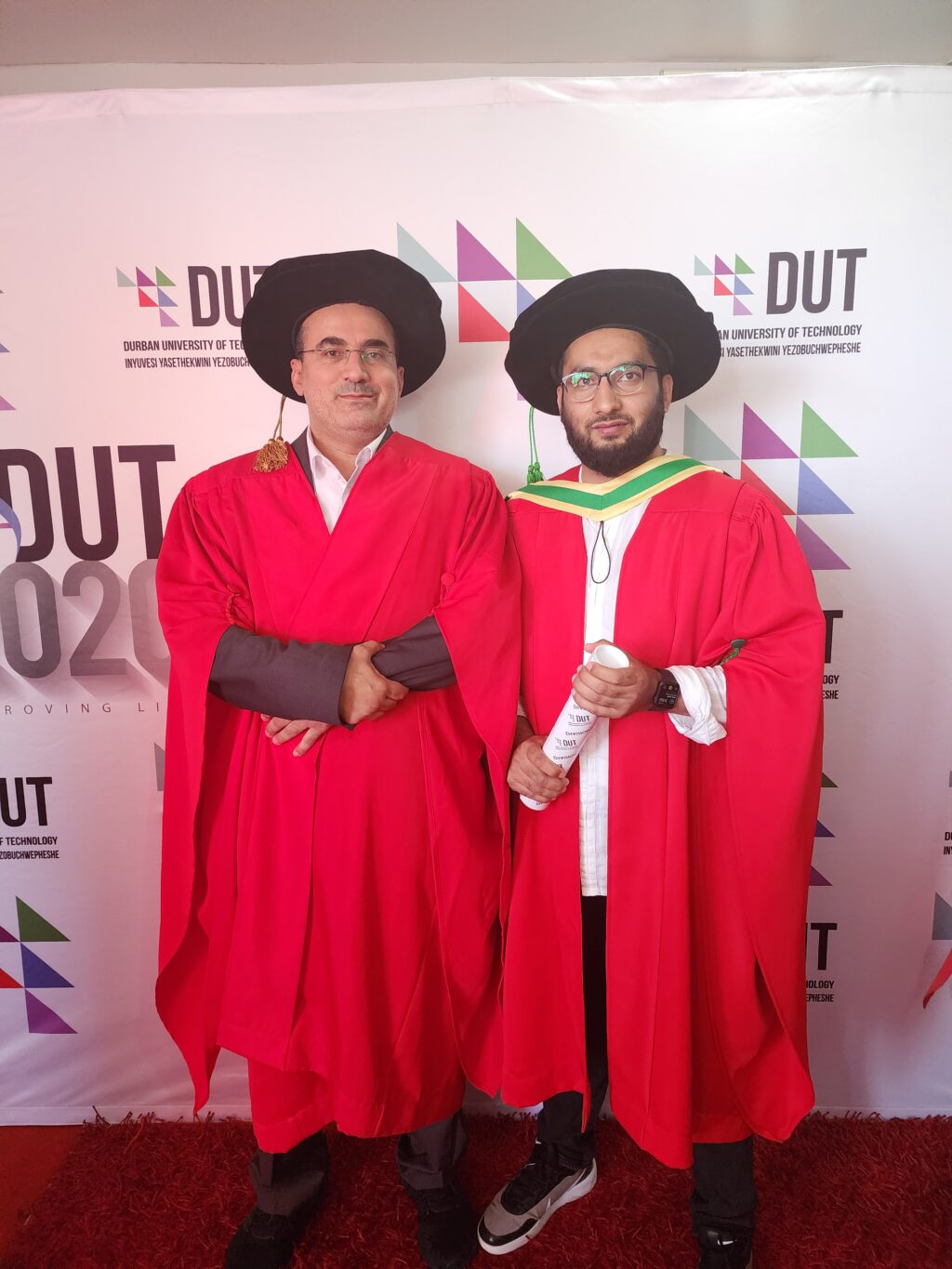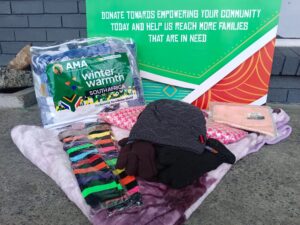
By Nabeelah Shaikh
With his heart and soul deeply rooted in his Palestinian land, Dr Mohammed Seyam – head of the Department of Civil Engineering and Geomatics at the Durban University of Technology – says he enjoys his work in South Africa.
Passionate about all things water engineering, Dr Mohammed Seyam of Gaza relocated to South Africa in 2018, to share his knowledge and skills with local students. He is also a senior lecturer in Water Engineering.
After completing his degree at the Islamic University of Gaza, Seyam pursued his master’s degree in civil engineering with a focus on Water Resource Engineering at the same university.
He then found himself in Malaysia where he worked as a civil engineer.
Eager to acquire more knowledge in his field of study and research, he went on to complete his Doctor of Philosophy in Civil Engineering at the prestigious University of Malaysia, in Kuala Lumpur. A few years later, he found himself in South Africa after applying for a position at DUT.
He joined in 2018 as a senior lecturer and in 2020, was promoted to the head of department.
“I am currently the supervisor of 15 postgraduate students, 12 master students, and 3 doctorate students. Civil Engineering wasn’t my preferred field, but when I chose it, the idea behind this choice was that I wanted to do something more natural, something that was more about addressing a community need or problem, and something that could make a difference. This is why I chose this path,” said Seyam.
Research
He said when he did his master’s degree, he chose to do it in water engineering because he is passionate about water.
“I have a passion for how to improve water quality, how to save water, and how to provide clean water. All of these things motivate me to do a lot of research in my field,” said Seyam.
He now has an academic track record of 16 years of experience in academic teaching, scientific research, engineering design and consultations, project management, infrastructure projects, and professional training.
“Currently some of my main teaching courses include Hydrology, Hydraulics, Fluid mechanics, Environmental Engineering, Water Treatment, and Construction Management. My research interests include hydrological modeling, the application of Artificial Intelligence techniques in water resource systems, groundwater and surface water hydrology, water resources management, water quality modeling, pressure management in water distribution systems, and climate change analysis,” said Seyam.
Seyam says one of his greatest achievements as a lecturer and academic, is being able to see his students graduate.
“The first time when I had my master’s students graduate a year and a half ago, it made me emotional. I had one student complete under my guidance. This week, two of my master’s students are graduating and one of my doctorate students is graduating this week. It makes me incredibly proud to see them achieve this,” said Seyam.
Another achievement that he’s proud of is being able to lead his department at DUT.
“This has been a great achievement for me. We have like 30 lecturers and 1000 students. We had an accreditation visit from the Engineering Council of South Africa and when they came to evaluate us, my department was the only department that received full accreditation on the first visit,” said Seyam.
To date, Seyam has published about 17 articles and 2 book chapters in the International Scientific Indexing (ISI) journal, and he has attended more than 10 international conferences. Through his research and expertise, he has been able to work on many research projects in KwaZulu-Natal.
This includes analysing the long-term variations of precipitation patterns and extremes in the province, the design of water pump stations, basic considerations, and water quality monitoring.
He looked into the case of the Hazelmere water treatment plant in Durban and an investigation of the sustainable consumption conditions of groundwater using remote sensing technology in KZN. He has also been involved in the analysis of the water quality deterioration of the uMgeni River and has been exploring an alternative water source in the era of climate change.
Seyam says while Palestine will always be home for him, he enjoys his work in South Africa.
“I miss my friends and family in Palestine, and I go to visit. It is much easier to visit now than it once used to be. But I think I will remain in South Africa for a bit,” said Seyam.


